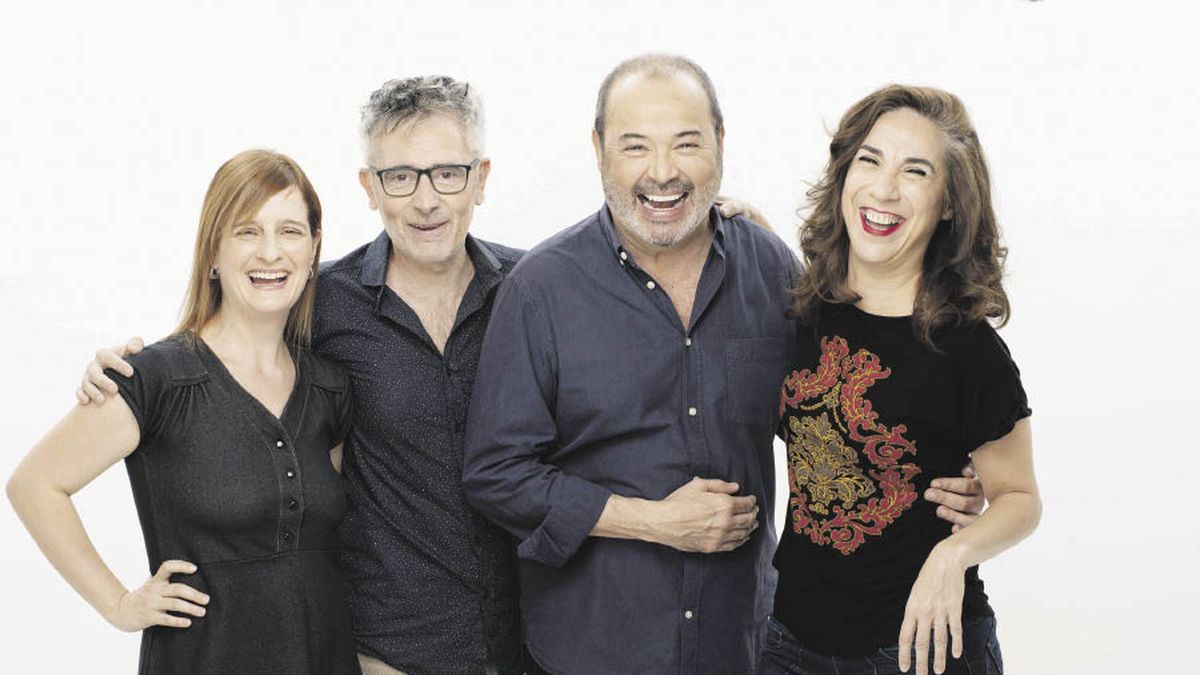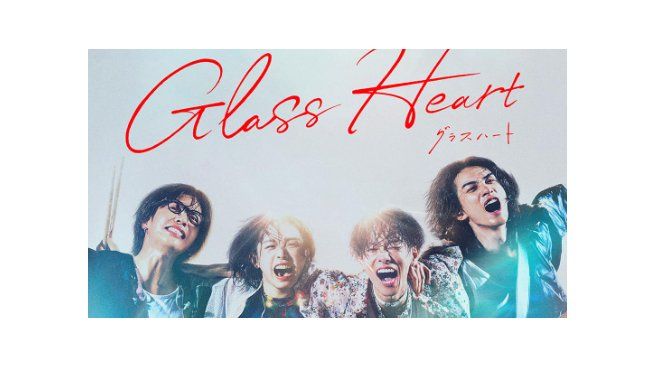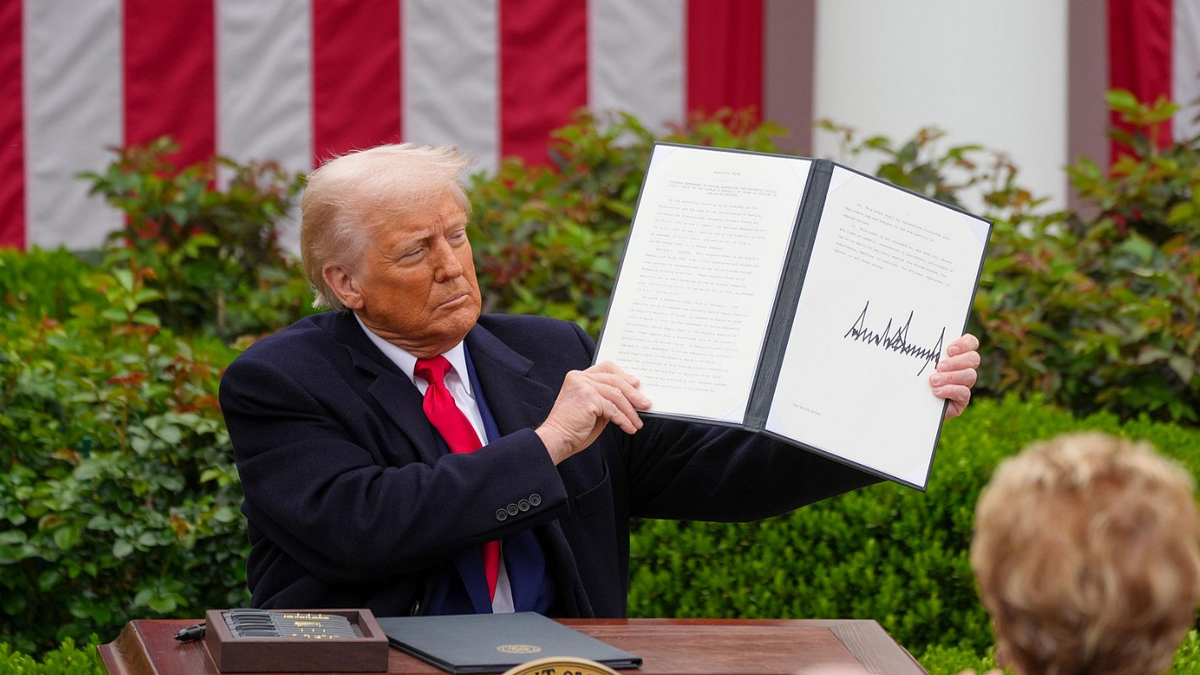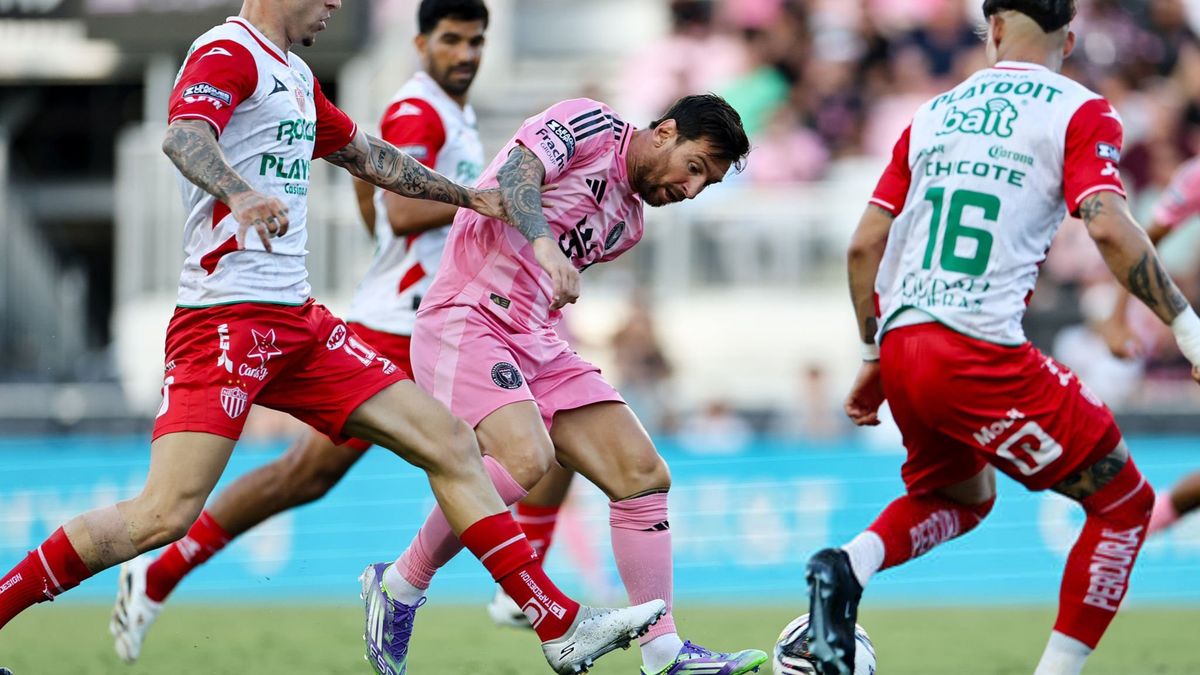Journalist: The trigger is the same as “A Wild God”. Two couples who meet, initially to talk, because one of the children knocked out several teeth of the other.
Hector Diaz: The engine seems similar but here the violence is psychological. In one of the children reason prevails and in the other innocence. He thinks about how an alien thought that disturbs him can affect him and he doesn’t know how to undo that mess.
Paula Ransenberg: Yes, it is the same, but other issues appear. The act of educating children, making decisions, renews all beliefs, deciding how to talk to them about certain things such as death or beliefs. Is it good to sow illusion knowing that later they will be disappointed? It is also a comedy about the encounter and the contradictions between two idiosyncrasies.
Q.: What other themes appear in the work?
HD: It has a background that is very emotional, in terms of germinal and innocent emotionality. Jorge Suárez’s character lives with his wife in the North Pole, very cold, and ours is very Latino. In this cultural clash, comedy appears, at the same time that it invades and transforms us without realizing it. It is a struggle to which we are unintentionally subjected, like a cultural bath. And the real problem arises from something that happened between 4 and 5-year-olds: believe or not in magical matters? We ask ourselves without puncturing their balloon, whether to dismiss questions of life when we see them submerged in that magical world. We think of dosing the information so that they can defend themselves in life but at that age the magic is in that everything to discover. We are immersed in a sea of concrete questions that we forget about flight, imagination, the possibility of invention, a power that we don’t talk about too much and that we also have.
PR: There is a confrontation between two ways of seeing the world, characters who define themselves against each other. As doors open, the characters show their humanity and there they find themselves beyond their differences, but you can see how we are very tense with the others. It appeals to something beautiful in terms of the illusion and magic that we have as boys, that innocence and not giving up believing. That place of illusion so primary, beyond the religious, more connected with faith. There are two protagonists who are absent in the work, the two children, who do not appear but everything revolves around them and also thinks about how their future is built.
Q.: How do you see the theater on Corrientes Street?
PR: The commercial in Argentina has comedy in a very strong place, but the good thing is when they are well written, with characters that are not comical by themselves but in the encounter. There are things that are pathetic and funny in life and they are good material for the theater. From an apparently superficial game, the space for depth appears, and more compromised areas are reached. But I am not a consumer of commercial theater, people go there to have a good time and as part of the dessert, they seek to be moved.
HD: A few years ago the commercial turned to comedy but it attracts me when there is another component, and I am not saying a work that is 98% laughter and a final twist, but something else. This play has its long comedy passage but it also enters a deeper and more reflective zone, as actors it is a tunnel that we enter and trust that there is light on the other side.
Q.: How do you see the theater and the covid?
PR: Every time one goes on stage there is the shadow of covid and the joy of sharing the live with colleagues and viewers again. There is an effervescence of shows, they all came out of the cat flaps together and the public is coming back. Always in the theater of Buenos Aires there seems to be more supply than demand, some are doing well and a lot of them row. As a viewer I can’t keep up, I see one a week and I have five on the list.
HD: There is a mini regrowth and also a lot of relaxation in society. Not in the theater room but in the foyer or in the bar, everything is very relaxed. I am strict but he also warned me that the chinstrap is optional. The theater always had a strict protocol and I notice that the public returns, but not to the cinema. People attend, they know that they will be taken care of and that there is no option. It’s working fine, let’s hope it doesn’t fall apart. Maybe you want everything to be like before and at one point it will be very difficult, because everything has changed.
Source: Ambito
David William is a talented author who has made a name for himself in the world of writing. He is a professional author who writes on a wide range of topics, from general interest to opinion news. David is currently working as a writer at 24 hours worlds where he brings his unique perspective and in-depth research to his articles, making them both informative and engaging.




